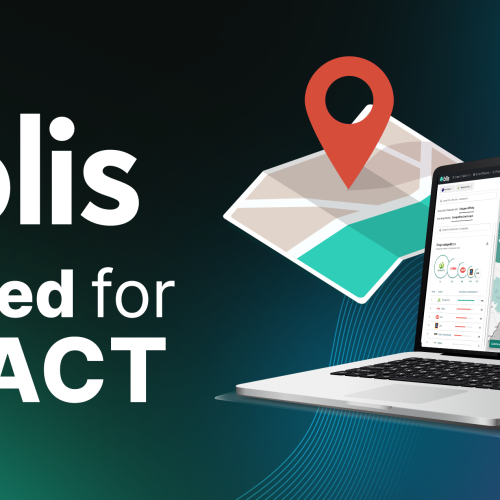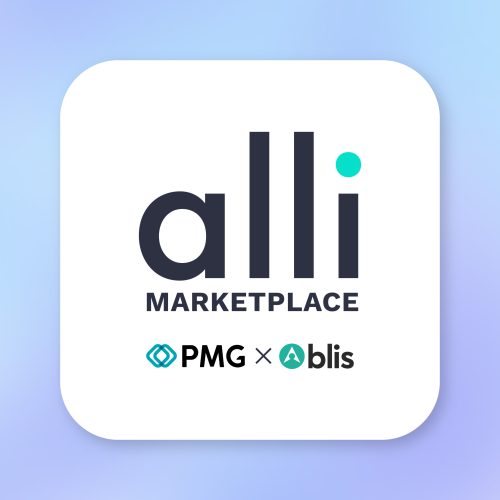Read the original article in The Drum here
The common currency that has been used consistently across every Demand Side Platform (DSP), Data Management Platform (DMP) and, in fact, everything that the digital advertising ecosystem has been built on over the past 14 years since the dawn of programmatic – the cookie – is going to be blown away.
This is not new news, of course, but many in the industry seem to be finally waking up to the hard truth that data-driven media buying, as we know it today, is severely under threat and has to change. Cookies power everything we do, from humble frequency capping through to complex multi-touch attribution models, ad personalisation and audience segmentation. They underpin most of the gains we’ve made in performance advertising, as well as brand advertising, over the past decade.
Our foundations are being shaken. As the opted-in data sources disappear, so does the currency upon which our industry has been built. The industry has tried to propose alternative solutions. Every day we see a new one. The frontrunner seems to be Unified ID 2.0, which uses an email or phone number. The key question, though, is whether these solutions will be enough to allow marketers to continue to do their jobs.
Google’s announcement last week that they won’t support these solutions across their core ad and analytical products only adds fuel to the fire about the breakdown in the longstanding relationship between DSPs and DMPs, which will no longer be speaking the same language.
This revelation has sent shockwaves through the industry, with notable online advertising and sell-side stocks taking a tumble earlier this week. As all current data flows are brokered by cookies and mobile IDs, the free flow of data that powers modern advertising at scale is at risk. So much so, that it has even prompted public comment from the senior levels of Oracle, highlighting that these moves by Google puts the fundamentals of its business model and, indeed, the integrity of the entire ecosystem, in jeopardy.
The post-cookie world
The deeper challenge for most of these alternative, post-cookie solutions – whether it’s Unified ID or even Google’s own FLOC and related technologies – is whether they’re heading in the direction consumers and regulators want to go. Intuitively, it feels like Google is correct in saying that identities brokered on your email address and phone number are incompatible with this direction. But having Google serve as the largest source of deep consumer profiling, with their pervasive ability to use first-party data to link together a whole customer journey, is also incompatible. Consumers are expecting something different.
At Blis, we believe the path forward is to embrace a privacy-first design in how advertising operates.
The post-cookie world will still have rich pockets of opted-in, durable and identifiable information in it. Even without cookies or IDFAs, Blis still sees hundreds of millions of devices globally. We use this opted-in, consented pool of movement and location data to help us understand how consumers engage with shops, restaurants and other public places. We then enrich this data with other first- and third-party datasets, from sociodemographic sources to shopping behaviour, housing data and other anonymised signals. This gives us a holistic view of consumer behaviour and audience characteristics.
Rather than trying to create new identifiers, though, we, instead, learn the anonymous characteristics that make these customers unique and build dynamic audiences to reach them. This results in media plans that can be activated without cookies and with full respect of user privacy. We’ve also built technologies that allow us to measure how well these audiences perform.
The new currency we create as an industry needs to buy results, and it also needs to be based on a respect for privacy and consumers. The industry needs to get past workarounds and embrace the changes sweeping the world and, ultimately, we believe that the survivors will innovate a new path to precise personalised targeting at scale.
Aaron McKee, CTO, Blis


